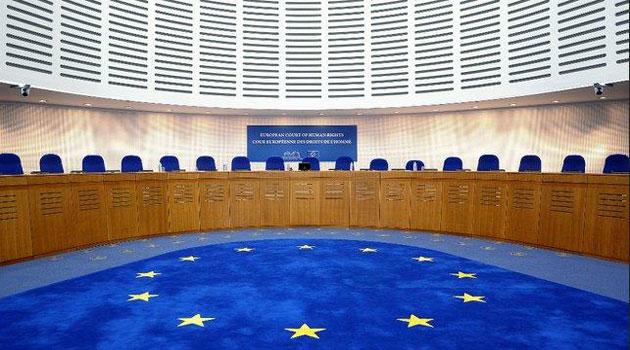Czech EdMin objects to NGO claim that Romani children are still discriminated

Romani children are still discriminated by the Czech schools, according to NGOs that issued a joint declaration on the occasion of the seventh anniversary of the European Court of Human Rights judgment D.H. and Others against the Czech Republic. The court ruled seven years ago that the placement of Romani children into special education without a diagnosis of light mental disability is discriminatory.
The Czech Education Ministry opposes that claim and insists that it has been continually supporting Romani children’s education through many programs. Organizations such as the Open Society Fund Prague, Open Society Justice Initiative, Amnesty International, European Roma Rights Center, Liga lidských práv, IQ Roma servis and Vzájemné soužití (Life Together) warned yesetrday that seven years after the judgment, Romani children still comprise roughly one-third of the pupils enrolled in the "practical schools" (previously called the special – zvláštní – schools).
Moreover, the NGOs say Romani children are being educated separately from their non-Romani peers in regular primary schools as well. "In many towns and villages there are schools known as ‘Roma schools’, which are made up almost exclusively of Roma pupils while a few hundred metres away there are usually other schools which are attended by pupils the vast majority of whom are non-Roma," the NGO declaration reads.
In a statement sent to the Czech News Agency, Czech Education Minister Marcel Chládek (Czech Social Democratic Party – ČSSD) said the ministry has been continually supporting the education of Romani children. Subsidy programs provide support for the financing of teaching assistants in classes attended by pupils with disabilities and pupils who are socially disadvantaged, support for Romani community integration in the shools, and support for socially disadvantaged Romani pupils and students in the secondary and higher vocational schools.
The minister said he also considers it important that all children have access to nursery schools or preparatory classes. For that reason, he wants to make the final year of preschool education mandatory.
The ministry says it is hoping an amendment to the School Act will improve access to education for all children with special needs, as it will introduce a graduated system of measures to support their individual needs. However, some experts are warning that the vague formulation of a particular paragraph of that amendment could lead to children who are not mentally disabled being enrolled into the "practical schools" once more.
The ministry rejects that interpretation of the draft legislation. Meanwhile, Andrea Červeňáková, a graduate in social work from Ostrava University who was the first Romani college student to attend the Fulbright Summer Institute on Social Entrepreneurship, says change is needed not just on the side of Romani children’s access to education and their parents’ approach to it, but also on the side of educators.
"Our school system does not train teachers to work with Romani pupils or with the children of foreigners. This is related to teachers’ unwillingness to admit that change is needed on their end as well," Červeňáková noted in a press release.
The issue is also being reviewed by the European Commission. In September the Commission formally turned to the Czech Republic with a request for information regarding the ongoing discrimination of Romani children in the Czech education system.
The NGOs have now warned that the launch of infringement proceedings could result in sanctions against the Czech Republic. The Education Ministry said previously that the Commission’s complaints concern legislation produced by the previous government.